Latin’s Alliance for Women Changes Name to Intersectional Feminist Alliance
Image via @intersectionalfeministalliance on Instagram
After more than 20 years with the name Latin’s Alliance for Women (LAW), Latin’s feminism-based club recently announced a switch to a new name: Intersectional Feminist Alliance. To the four heads, the name change was well overdue and will better reflect the values of the club.
The term “intersectionality” was coined by Kimberly Crenshaw in 1989 to help describe the multilayered oppression faced by women of color. Intersectionality is “the theory that the overlap of various social identities, as race, gender, sexuality, and class, contributes to the specific type of systemic oppression and discrimination experienced by an individual.”
For the new heads—seniors Betsy Levine, Charlotte O’Toole, Ivy Schenk, and Freddi Mitchell—the shift to a new name was one of the first items on their agenda.
“Right off the bat at our first meeting with (English teacher Shannon) Barker, that was kind of our priority,” Freddi said, “because I think there were some misconceptions about who could join LAW and if LAW just sounded like a place for only female-identifying people when it’s for everybody.”
Betsy noted that, after the Black Lives Matter protests and the Demanding Accountability Protest at Latin, “We wanted to make sure that this year especially, people felt safe within IFA or LAW, and we thought that the first step in that would be having a club name that didn’t exclude anybody. … With the word ‘women’ in ‘Latin’s Alliance for Women,’ (the name) automatically excluded our non-binary and male members, because anybody can be a feminist.”
While the heads of LAW last year never picked a new name, they collaborated with the new heads at the end of last year to discuss the need for a new name. One of the LAW heads from the 2019-2020 school year, Emily Breitenecker ‘20, said, “Our criteria for a new name included ensuring that all people who identified as feminists felt represented and that the abbreviation was somewhat catchy and encouraged discussion across various topics.”
The new name will also add another level of awareness to how the club is run. “I think that it will then get us thinking the entire year, ‘Is there anyone we’re excluding by doing XYZ?’ and ‘How can we be more inclusive in our meetings, in our emails, in everything that we do?’ which started with the name change and will hopefully trickle out throughout the year,” said Betsy.
Freddi added, “I think what the name does is it’s a way to check us. … It makes sure that when we’re talking about a topic, that we’re looking at it and speaking about it from an intersectional lens—we’re not focusing on one race, one gender, one identity group when we’re going into a discussion, and we need to take into account how that topic affects many different people.”
She emphasized the need to offer different perspectives in conversations. “We would normally have a meeting about women in politics, and we would talk about women in general, but we need to talk about what is it like for a black woman to run for office versus a white woman, what is it like for LGBTQ candidates to run for office versus straight candidates,” and, in general, “just looking at a bigger topic through more specific lenses now that we have this name.”
Betsy acknowledged the significance of all four heads and the advisors being white. “We wanted to make sure that we worked extra hard to promote the intersectional piece of intersectional feminism and to really start off the year with that.”
While the race-related conversations of this year certainly marked the importance of a more inclusive club, Charlotte said, “I think we should make it clear that this is not just a response to the racial tension in the world and at Latin; it’s been coming for multiple years now. We’ve been thinking this through and been planning on shifting towards this name for a while.”
Ms. Barker, one of the IFA advisors, added, “We actually met the end of last year with the heads from last year to talk through name options, but two years ago I remember talking to (Upper School Director Kirk) Greer about changing the name and wanting to work towards that, so it’s definitely not reactionary. I think it’s just a more accurate description of the goals of the organization.”
Ivy said the club plans on keeping the goals of intersectionality and inclusion a top priority for years to come. “As much as we are able to accomplish in a year, us current heads are gonna be leaving at the end of this year, so I feel like the only way we can make this club succeed is by having this be a conversation by the current heads and maybe past heads and also the current members, and that’s going to guide us to what this club can be.”
Senior Zemzem Mohammed, one of the heads of Young Women of Color, said, “I think it is amazing how the formerly known LAW decided to be more inclusive in who can participate in their club. … Making these small steps to broaden the idea of who a “feminist” can be is so powerful. I hope it makes everyone from all gender identities feel welcomed, not only at the club but at Latin in general.”
The new era for IFA will stress, as Freddi explained, the importance of equity in feminism. “I think that feminism used to be looked at as gender equality, but I think that it’s more gender equity now because of the way you look at it (through) an intersectional lens,” she said. “White women, yes, we have this barrier of our gender, and there’s an economic, social, and political gap, but that gap is not as much as minority women or LGBTQ women or non-binary people, so there needs to be equity in your feminism and not just equality.”
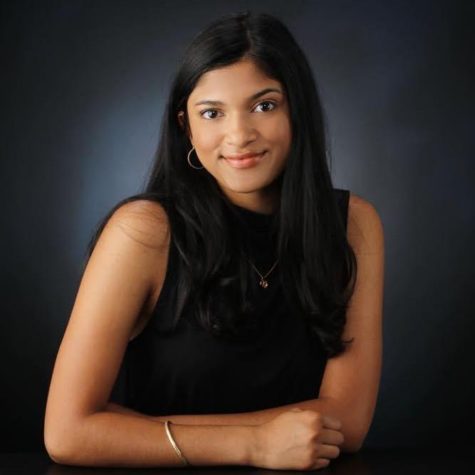
Ashna has been writing for The Forum since freshman year, and it remains one of her favorite activities. She also enjoys working out, making...






































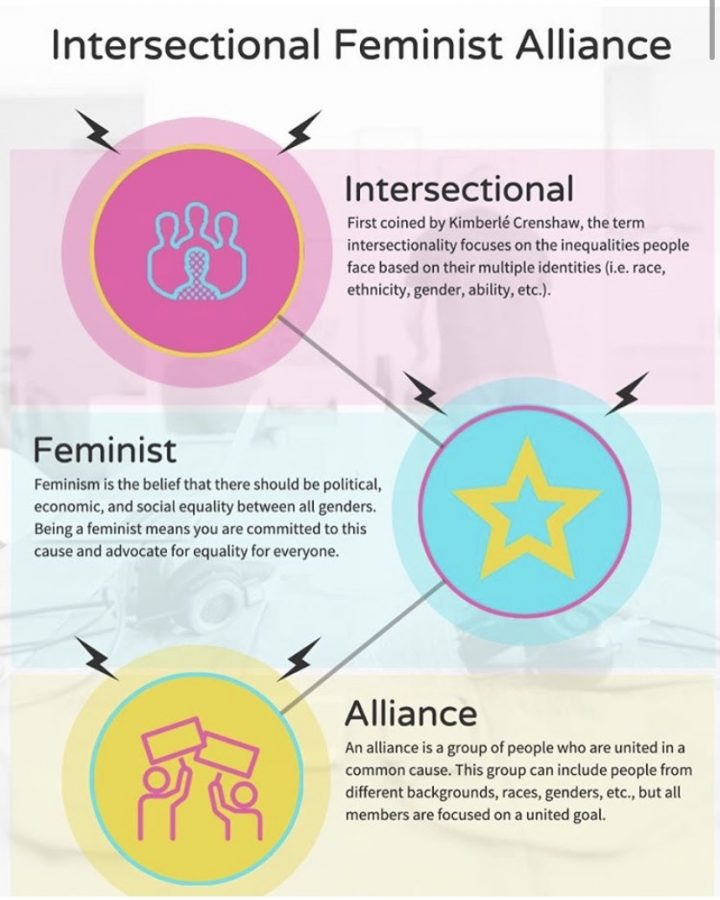
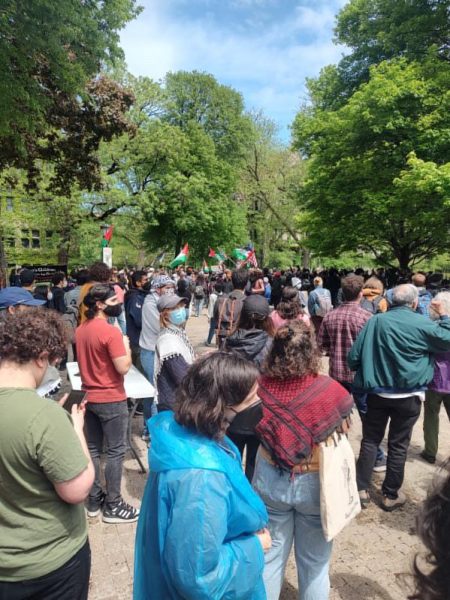
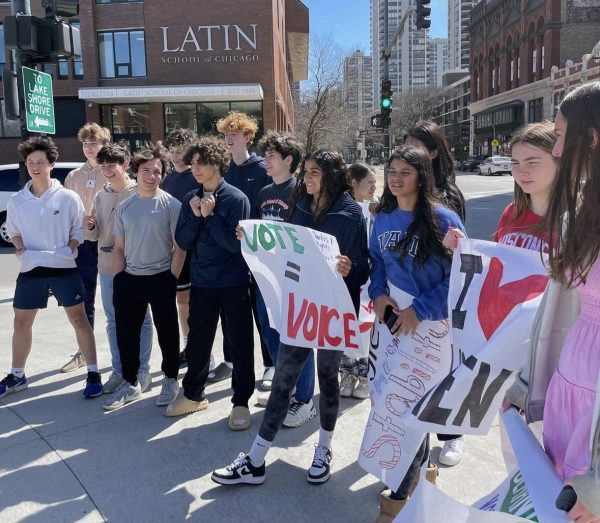

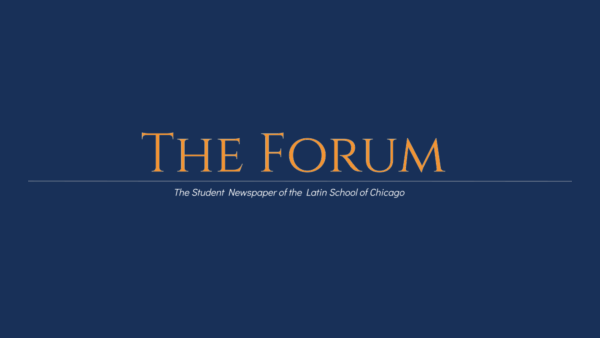
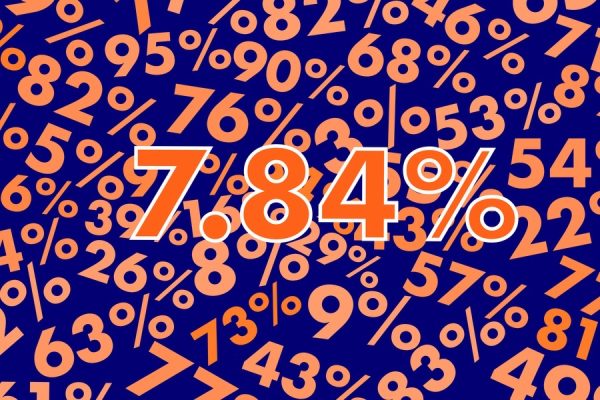
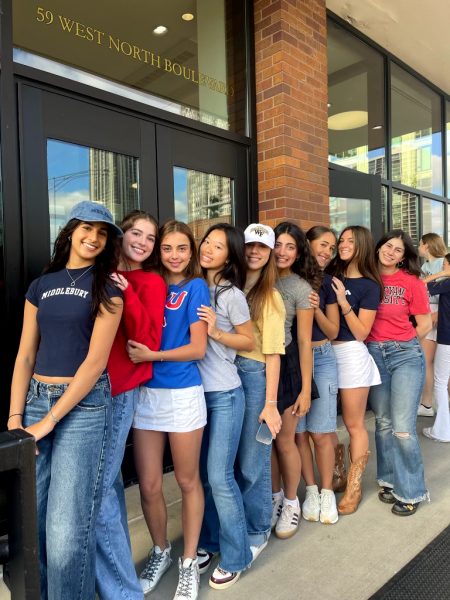
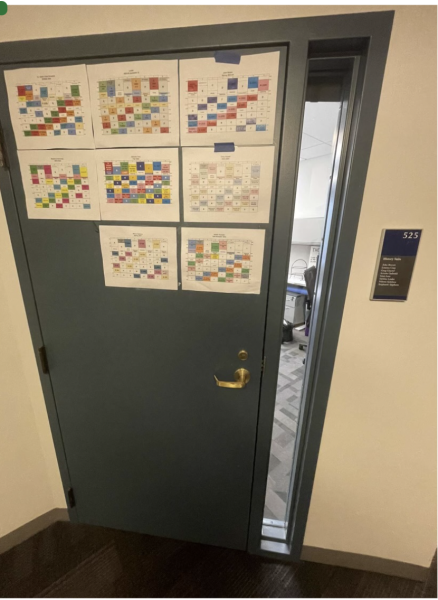


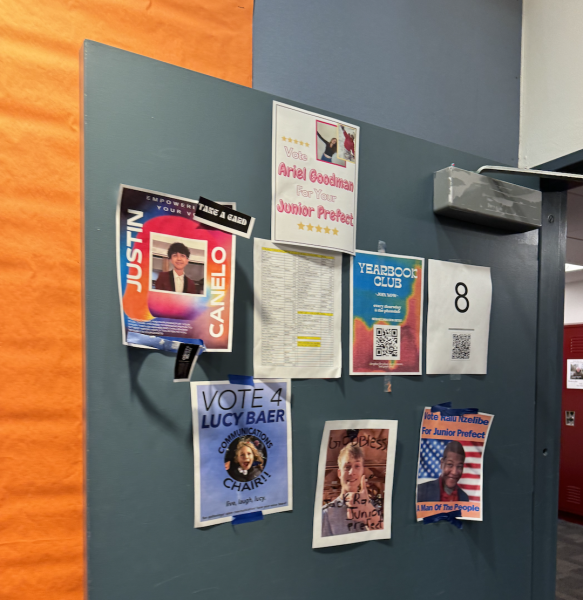

Madison Seda • Oct 1, 2020 at 8:46 pm
Love Charlotte’s quote saying that this wasn’t something sudden, and rather has been needed for years now. Also love that the heads acknowledge their own identities and are taking on the role of ensuring others are included. So excited to attend IFA and see what comes this year!!